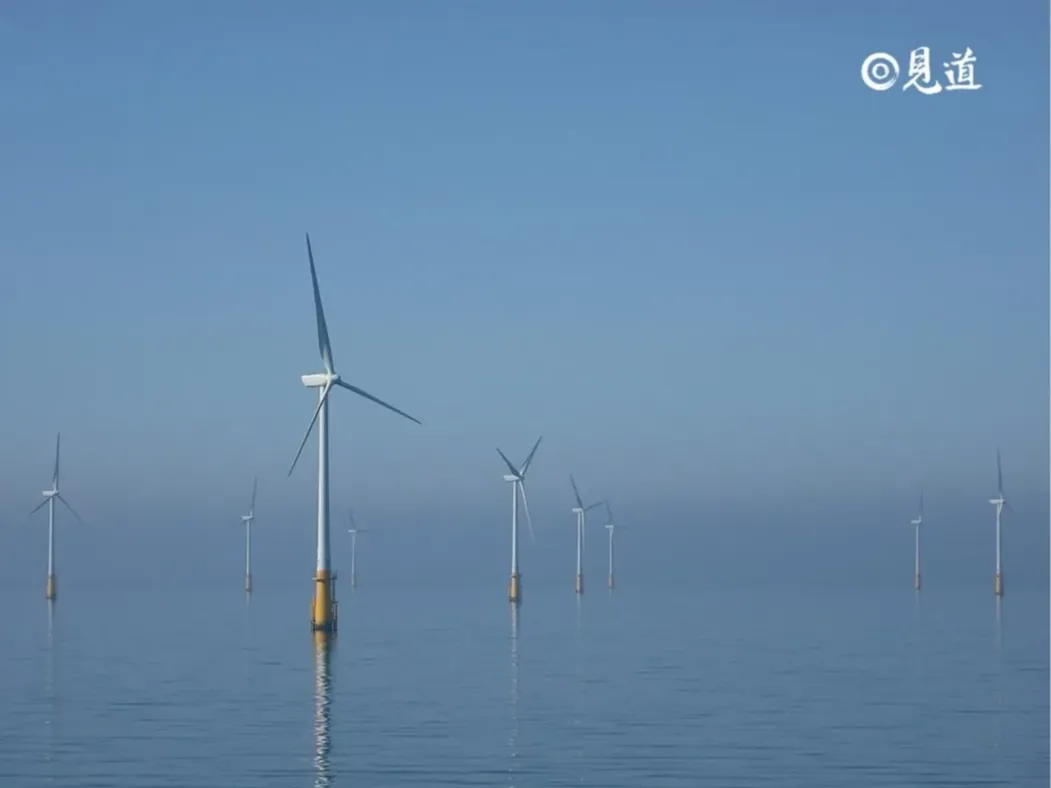- With the regulatory environment changing in different regions, they are looking for places to produce at the most competitive cost

The net-zero hydrocarbon industry is moving from pilot projects of 10-20 MW electrolytic capacity to large-scale projects of 100-200 MW and above. While the discrepancy between the number of projects announced and those financially settled remains significant, some of the more credible projects are getting funding and starting construction.
Now, investors and financiers are scouring the globe for the best arrangements, locations that offer the possibility of large-scale clean power production, with high load factors, combined with strong public support to offset costs. Their most advanced projects are currently in Europe, where large initiatives are moving forward under clear EU directives and regulatory regimes.
In the meantime, they are looking elsewhere, keeping a close eye on where the right mix of advantages will emerge, as they anticipate that Europe will inevitably need to import carbon-free gas to meet its ambitious clean-energy goals. Australia, the Americas, the Middle East and Africa (MEA) are all in their sights.
Amir Sharifi, chief investment officer at Hy24, said: "We tend to put our money where we think it will work. It's not just about geography, it's a matrix between geography and a certain vertical in the hydrogen value chain. In practice, we start with Europe, which is the most advanced geographical location in terms of supporting regulations." Hy24, a joint venture between Paris-based private equity firm Ardian and investment fund FiveT Hydrogen, manages the Clean Hydrogen Infrastructure Fund with €2 billion from more than 50 investors, including large industrial companies. The fund has a life of 12 years and is expected to sell assets starting in 2022. Its investments have moved into countries where state-supported programs are strong, where abundant wind and sunshine provide a large amount of low-cost electricity production for Europe's northern and southern periphery.
The company has invested in Danish developer Everfuel, whose founder is the former senior vice president of Nel Hydrogen and is well known in the industry. Everfuel is working in the Nordic countries, the Netherlands and Germany, with its 20MW electrolyzer set to start operating this year.
It has also invested in startup H2 Green Steel, which is developing a fully integrated plant in Boden, Sweden, currently under construction, with an electrolytic capacity of 700MW. The project has many advantages, including low-cost hydropower, proximity to iron ore mines and ports, available land, and support from the Swedish government.
Sharifi said: "All these factors make us feel comfortable investing in a new steel plant, the first new plant in Europe in 50 years. We already have long-term offtakes, 3.5 billion euros of debt to fund construction, and 1.5 billion euros of equity, of which we have been a major investor."

In Spain, Hy24 partners with gas transmission operator Enagas and has a large portfolio of renewable fuel projects at Enagas Renovable. They have invested in a green hydrogen production joint venture, which has been offloaded by Spanish oil and gas companies including Repsol and CEPSA.
Sharifi stressed the importance of European regulations to make these investments viable by creating industrial demand. These include the revised Renewable Energy Directive (RED III) and its binding targets for non-biological sources of renewable fuels in the transport and industrial sectors, as well as the introduction of the Carbon Boundary Adjustment Mechanism (CBAM), which ensures that steel produced with green hydrogen will compete with imported steel produced with carbon-intensive methods.
Noe van Hulst, special adviser on hydrogen energy at the International Energy Agency, points out that another key part of the European hydrogen landscape is taking shape. It is the hydrogen energy backbone, the re-use of gas pipelines and the development of new pipeline infrastructure to connect ports and major industrial clusters in the Netherlands, which is currently being financed and built.
The project, led by Dutch gas company Gasunie, was launched last year in the Port of Rotterdam, which is building a 32-kilometre dedicated hydrogen pipeline, HyTransPort. The hydrogen backbone will eventually connect Germany and Belgium.
The pipeline system being developed is a key support for the currently planned and under construction Maasvlakte project, a man-made westwards extension of the Port of Rotterdam. Shell's Hydrogen Holland I project on Maasvlakte is currently under construction. A 200MW electrolysis plant, powered by the Hollandse Kust(Noord) offshore wind farm, will produce hydrogen for Shell's Energy and chemicals campus via the HyTransPort pipeline. Thyssenkrupp Uhde will build the alkaline water electrolysis plant.
German state-owned energy company Uniper is pushing ahead with its H2Maasvlakte project, which has an electrolytic capacity of 100MW to produce green hydrogen by 2026, with plans to expand to 500MW by 2030. Plug Power Inc. will provide PEM electrolytic cell technology.
Meanwhile, in France, Air Liquide's Normand'Hy project has received public funding to develop a 200 MW electrolysis plant to supply renewable low hydrocarbon gas to the TotalEnergies refinery and other industrial users in the Normandy industrial basin from the second half of 2026, according to news reports.
While these mega projects are impressive, van Hulst believes that the base of active projects in Europe is too low. "Europe is moving more slowly than expected," he said. "There is still too much uncertainty about the support programme and too much uncertainty about national implementation of the European directives that are finally agreed." We really need to step up and get closer to the EU's goals." Editor/Xu Shengpeng
Comment
 Praise
Praise
 Collect
Collect
 Comment
Comment
 Search
Search














Write something~